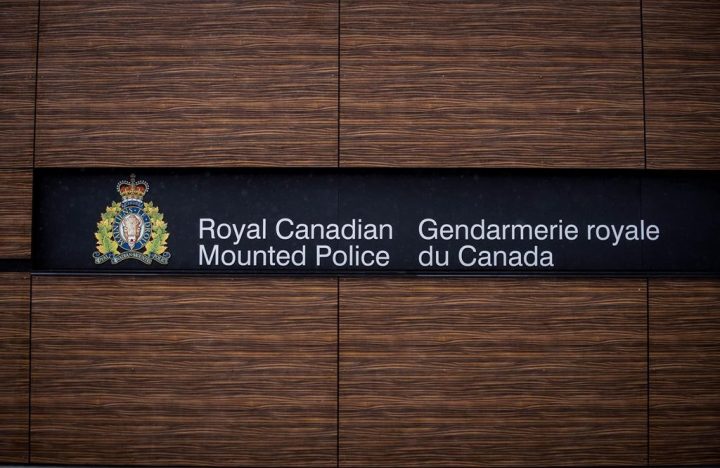RCMP anti-corruption investigators say they are probing possible shady practices by several Canadian companies operating in parts of Africa, Eastern Europe and South America.

Firms involved in mining, infrastructure, aviation, rail, engineering and technology are susceptible to corruption, such as paying a bribe to secure a contract, say Mounties with the force’s sensitive and international investigations section.
“These are all sectors that are at risk,” said Staff Sgt. Stephanie Rousseau, acting officer in charge of the section’s foreign anti-corruption team.
The team is responsible for probing possible wrongdoing in violation of Canada’s Corruption of Foreign Public Officials Act, which allows the RCMP to charge individuals or corporations in cases with a substantial link to Canada.
Rousseau hopes Canadian companies are becoming more aware of the consequences of illicit behaviour overseas.
“And we’re getting the word out that it’s not a way of doing business,” she said during a recent interview, accompanied by other team members.

The Mounties have another important message for Canadian companies: if they detect possible wrongdoing within their operation, tell the RCMP about it.
Firms now have added incentive do so, the Mounties say.
Federal legislation passed in 2018 gave prosecutors a tool, known as a remediation agreement, to deal with a range of corporate economic crimes. The idea is to hold organizations accountable for wrongdoing while avoiding some of the fallout from a criminal conviction for employees, shareholders and others who did nothing wrong.
The corporation would have to accept responsibility for the misdeeds, pay a financial penalty, put compliance measures in place to prevent recurrence and make reparations to victims.
A judge would also need to be satisfied the agreement is in the public interest, and that the terms are fair, reasonable and proportionate. Should the judge approve the agreement, the criminal prosecution would be put on hold.
Remediation agreements, also known as deferred prosecution agreements, became banner news in 2019 after Montreal-based engineering firm SNC-Lavalin pressed for such a deal in the face of corruption and fraud charges related to business in Libya – touching off a political firestorm in Ottawa.
Even so, the prospect of avoiding prosecution has prompted some Canadian firms to come forward, says the RCMP, though the force would not provide numbers.
“With the arrival of the remediation agreement regime in 2018, we’ve seen companies starting to self-disclose, and we’re seeing some every year,” Rousseau said. “So we want to encourage that.”

Prior to the legislation, there was no benefit to companies for going to police when dubious activity came to the attention of executives, said RCMP Sgt. Matthieu Boulanger, an anti-corruption investigator.
“And it was more of a, ‘Well, we’ll sit on it and if it doesn’t get reported, doesn’t get investigated, then, you know, that’s one less thing to deal with.”’
Now, Boulanger said, a company might tell the RCMP about a fishy email that implicates the firm or the fact an overseas agent is suddenly receiving higher commissions for no legitimate reason.
“Sometimes it could be that after the investigation’s done, we go back to the company and we say, ‘We don’t see criminality here. So thank you for reporting and be on your jolly way,”’ he said.
Other times, there could be more to the allegations. Ultimately, it would be up to prosecutors to decide whether a remediation agreement is warranted.

Self-reporting might help companies that find themselves caught up in overseas misdeeds, but it can also make life easier for the Mounties, given that foreign corruption investigations can be complicated and lengthy.
“These are complex cases,” Boulanger said. “So for us, it’s not uncommon to be investigating for three years on a certain case.”
In some parts of the world, RCMP officers have difficulty obtaining necessary documentation from foreign officials, or there might ultimately be a great deal of information to review.
“We’re talking about terabytes of data that we need to go through to analyze and select what is pertinent,” Rousseau said. “It can be a little frustrating at times, but necessary.”



Comments